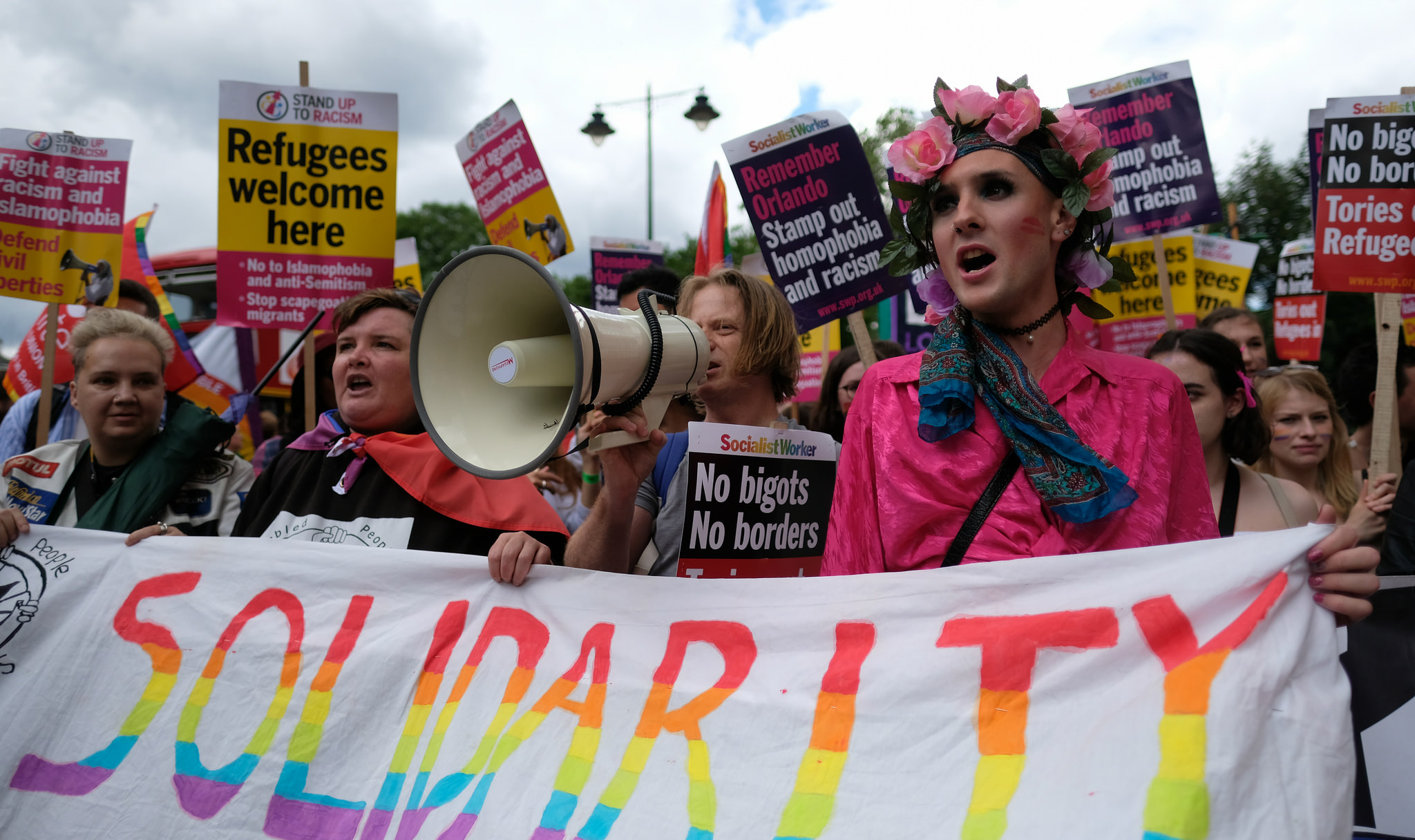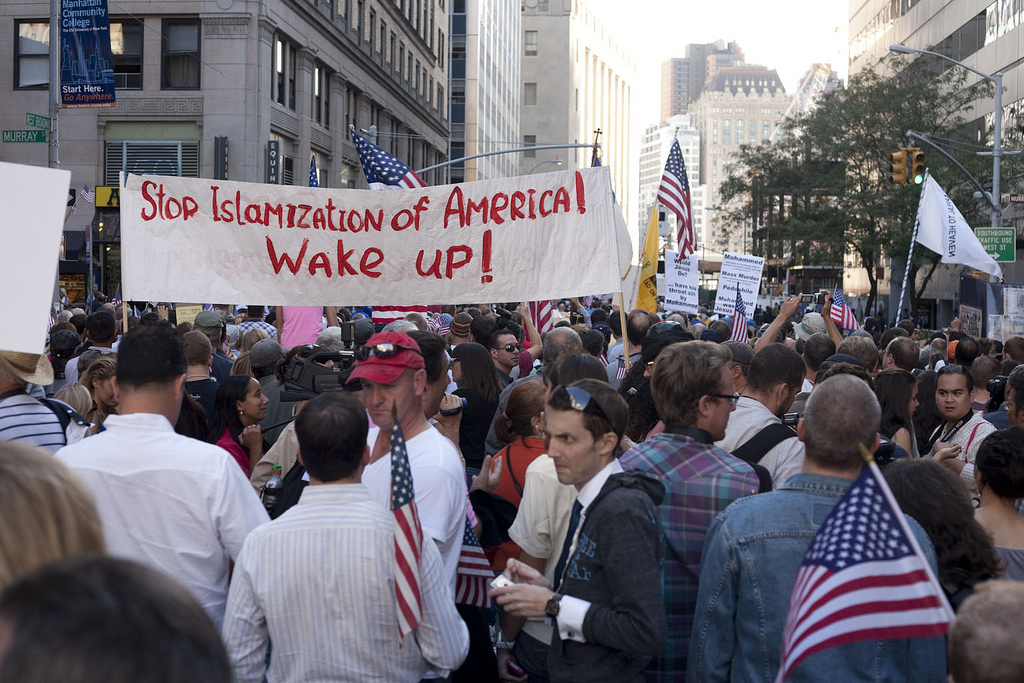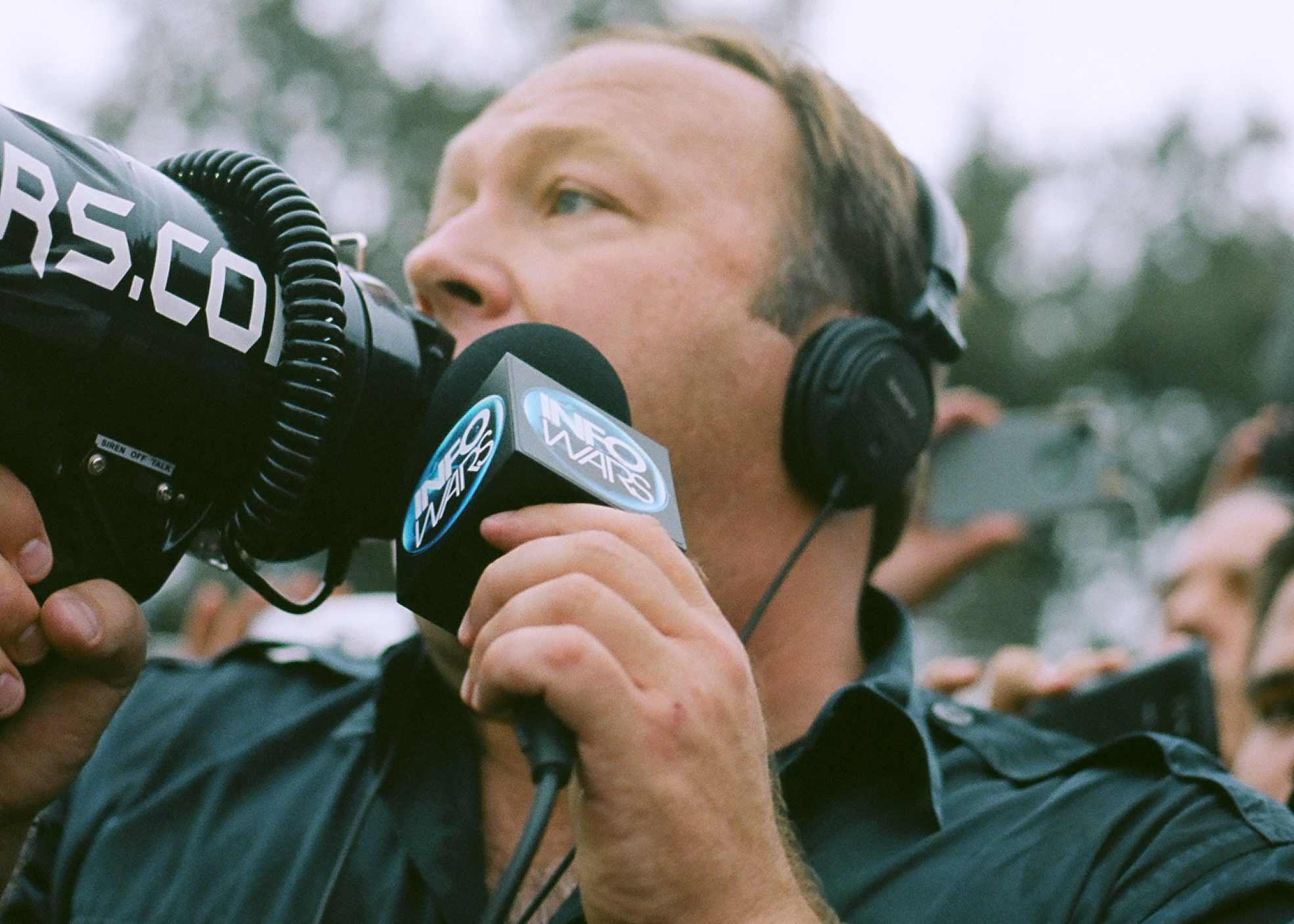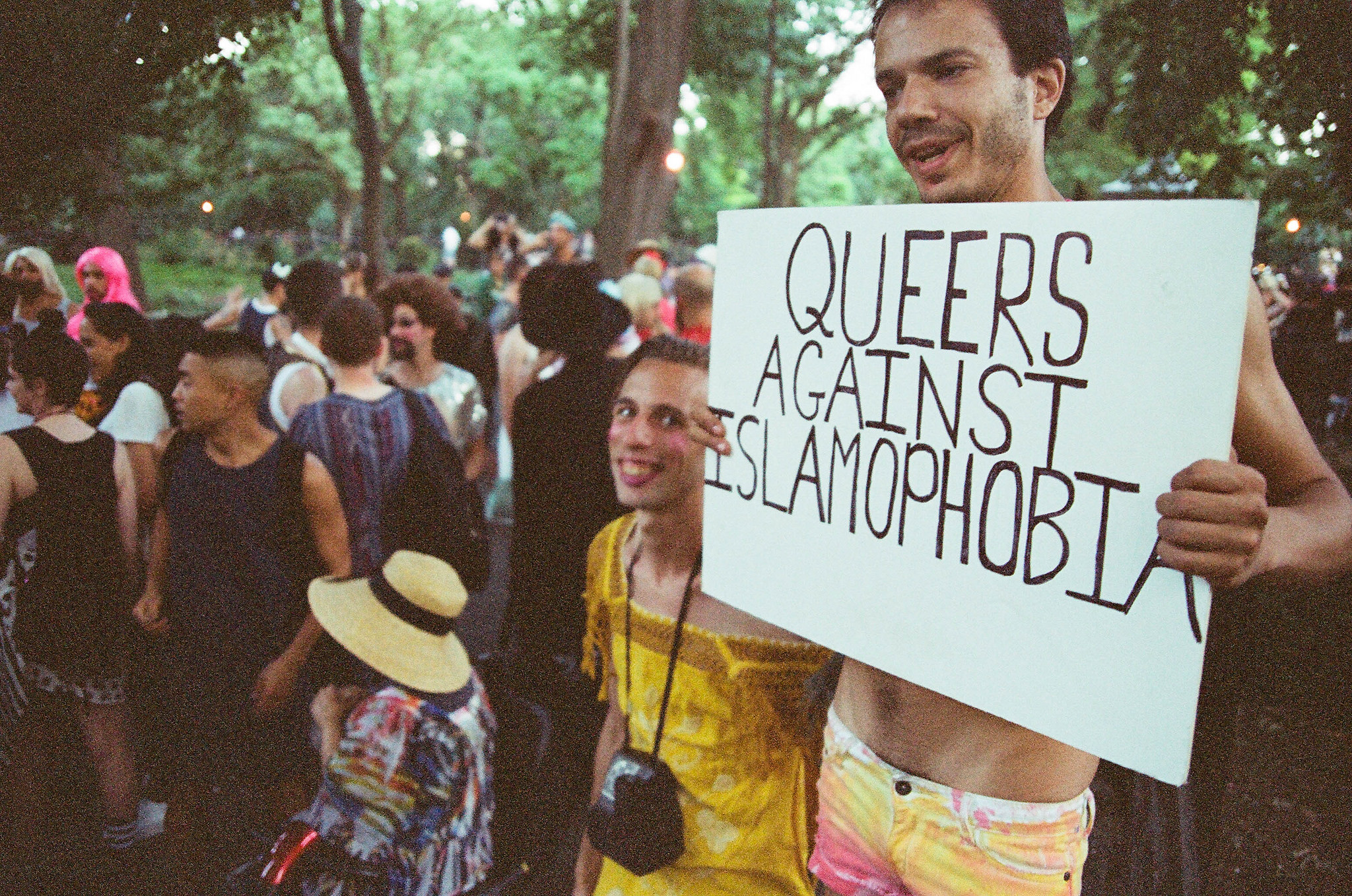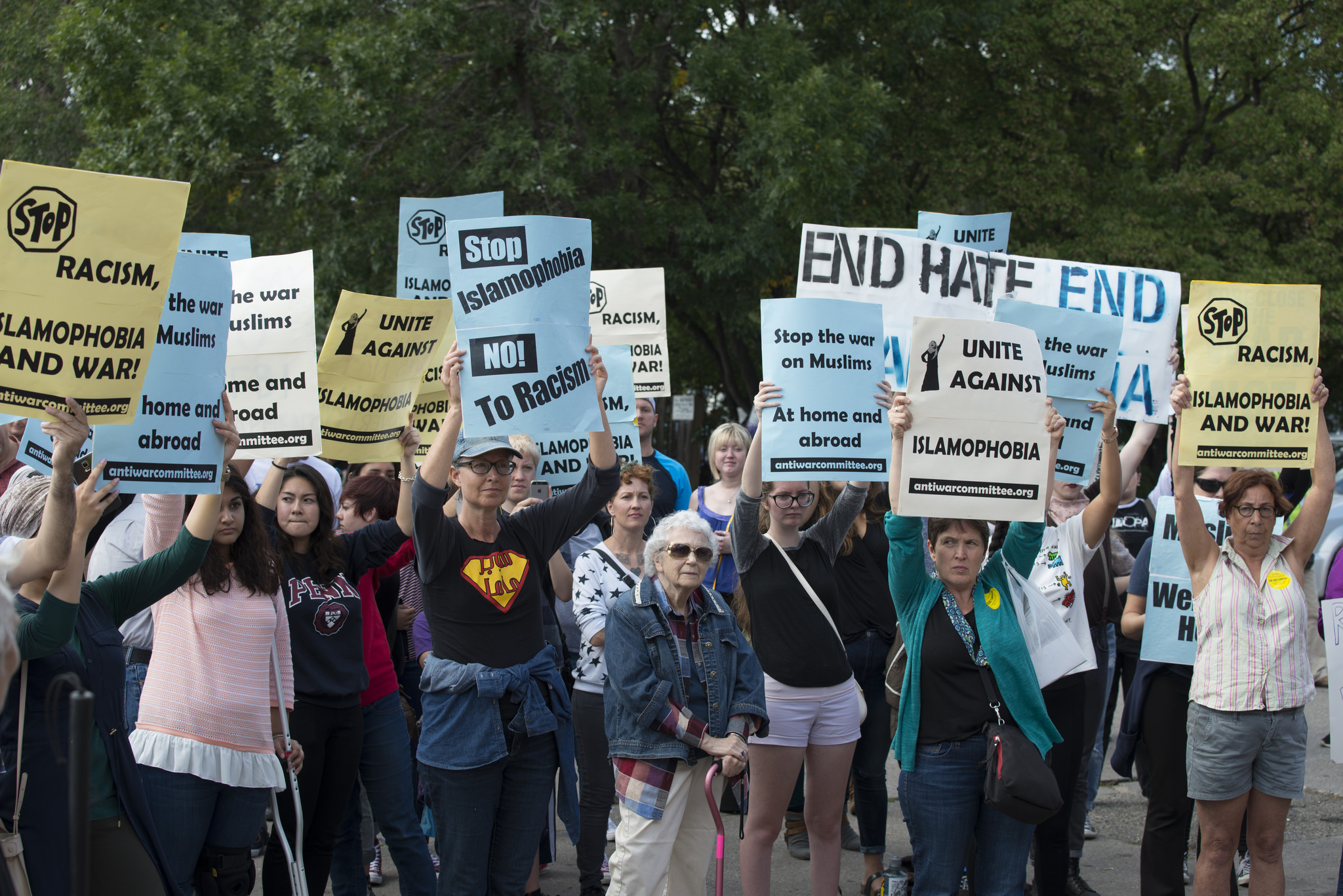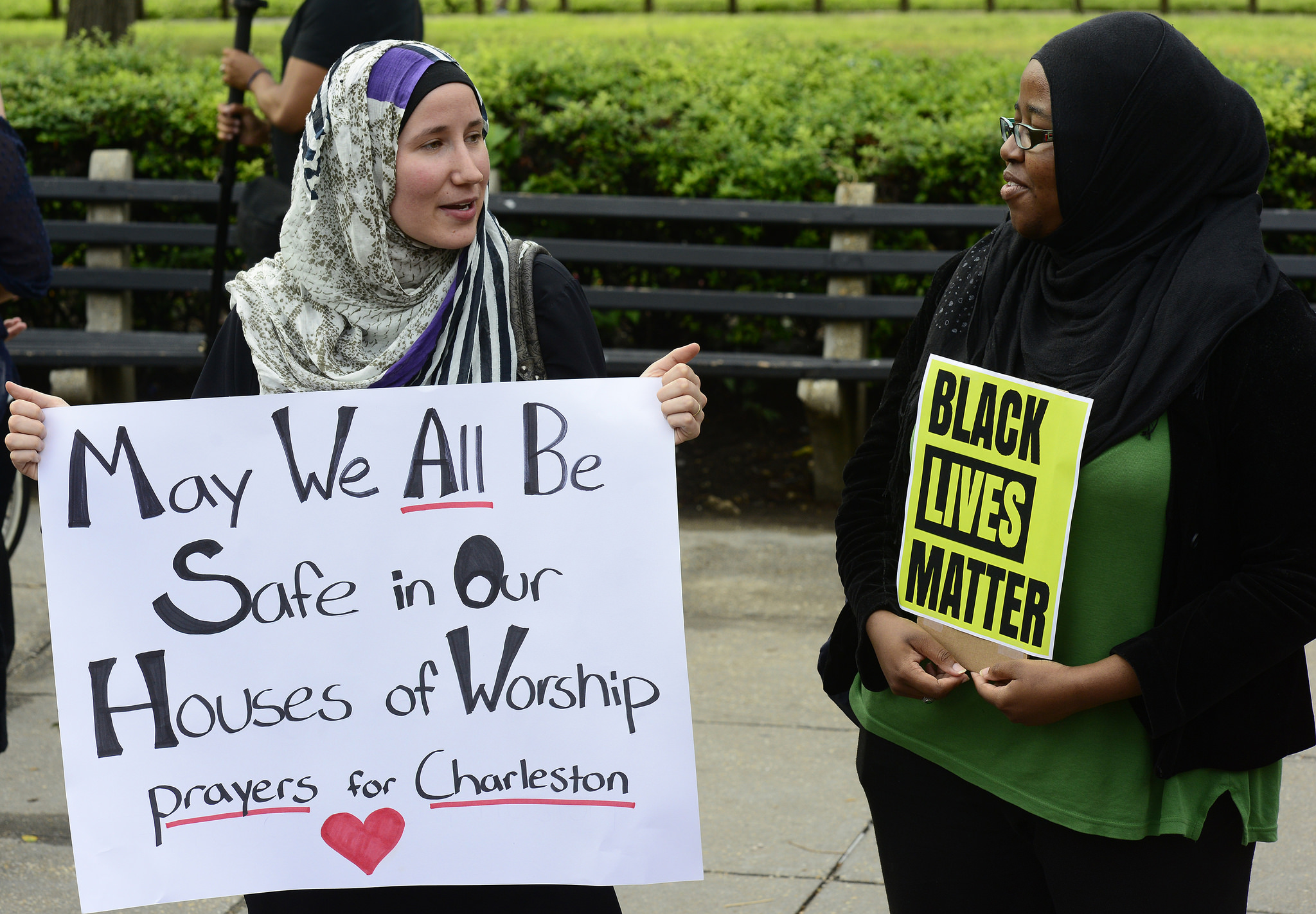From anti-Muslim legislation to violence targeting mosques and those who worship there, it’s clear that Islamophobia is on the rise in the United States.
While opponents of Muslims’ religious freedom often cite terrorist attacks carried out by religious extremists to justify their bigotry, analysis of the sources of Islamophobia reveal ties to broader, national issues of systemic racism and xenophobia in the U.S., and the people who stand to profit from fomenting hate.
A November poll by the Brookings Institution showed that 61 percent of Americans hold an unfavorable view of Islam and 46 percent hold an unfavorable view of Muslims.
And compared to other forms of hate speech, anti-Muslim speech remains surprisingly acceptable. Saeed Khan, a fellow at the Institute for Social Policy and Understanding and a professor at Wayne State University in Detroit, told MintPress News, “When it came to the rhetoric against Muslims … it was one of the few communities or groups by which politicians and opinion makers could speak with impunity against without facing any kind of repercussions either politically or economically.”
